What can it be? Conventional war scenarios
Article “What can she be? Nuclear War Scenarios " we examined the likely scenarios of nuclear conflicts involving the Russian Federation. However, the likelihood of Russia's involvement in military conflicts using only conventional weapons... Moreover, it can be argued that after the end of the Second World War and the appearance of nuclear weapons (NW), the USSR and then the Russian Federation were practically continuously engaged in hostilities at one point or another on Earth. The war in Korea, the war in Vietnam, numerous conflicts on the African continent, the war in Afghanistan, and finally the fighting in Syria.
Conventional wars
Whatever you call the military participation of the Russian Federation (peacekeeping mission, police operation, humanitarian aid, the introduction of a limited contingent), in fact, this means only one thing: a war using conventional weapons. The presence of nuclear weapons does not exclude conventional wars. And not only offensive, but also defensive. An example is the border conflict on Damansky Island, when China, not too strong in military terms (at that time), decided to attack the Soviet Union, a superpower that was practically at the peak of its power. And although the conflict did not receive a military continuation after the tough response from the USSR, an attempt was made, and China eventually got what it wanted.
Compared to a nuclear war, a conventional conflict has a much lower "entry threshold". Often times, states do not hesitate to use military force even against an admittedly stronger enemy. Argentina did not hesitate to make an attempt to take the Falkland Islands from Great Britain, Georgia did not hesitate to shoot Russian peacekeepers in South Ossetia, “friendly” Turkey shot down a Russian plane after allegedly violating its border.
In fact, the Soviet Union and its successor, the Russian Federation, can hardly be considered innocent sheep. We have actively intervened in military conflicts in other countries, defending our interests, and we must do this in the future if we do not want the country's interests to be limited only by our own territory, which will gradually decrease as it is torn off piece by piece.
If for nuclear conflicts only scenarios of only a defensive war (including a preventive scenario) will most likely be realized, then in the case of a conventional war, the same scenario can be considered both from the point of view of defense and attack, when there is no justification for the use of military force. a threat to national security, and the political or economic interests of the Russian Federation.
Let us consider in what types of military conflicts using only conventional weapons the Russian Federation can be involved.
Possible scenarios for conventional war
Let's make a reservation right away that we are not considering a "hybrid war", when Russia is accused of forcibly annexing Crimea, at least for the reason that there were no de facto hostilities. It is more appropriate to call such actions a special operation. We also do not consider various cyber attacks, hostile financial and sanctions actions. We take only what is a classic war with the use of weapons and weapons.
1. An airborne operation, in which the invasion of ground forces is carried out with the support of aviation with the simultaneous delivery of strikes by aviation and high-precision weapons (WTO) to the entire depth of the territory.
Sometimes a distinction is made between ground-air and air-ground operations, indicating the priority of one or another type of troops. As an example, we can cite, respectively, the Second World War, in which aviation played a supporting role in relation to ground forces, and the war in Iraq, in which aviation played the main role, and the importance of ground forces was minimal. According to the author, the so-called air-ground operation is possible only with a significant qualitative and quantitative superiority of one enemy over the other, and in fact it is more of an air-space operation with insignificant participation of ground forces. If the capabilities of the opponents are comparable (even if one of the opponents has some advantage), then with the existing number of combat aircraft, the opposing sides will quickly knock out a significant part of the combat aircraft from each other, after which the main burdens of the war will fall on the ground forces.
2. Aerospace / air-sea operation - delivering strikes with long-range precision weapons from land, sea and air platforms.
3. War of low intensity: counter-terrorist, counter-guerrilla fighting.
4. War "by someone else's hands", when the armed forces of the opposing sides are not directly involved in the conflict, limited to the supply of weapons and information support.
As in the case of nuclear war, scenarios can flow from one to the other. For example, aggression, which begins as a destabilization of the situation in one of the regions of the Russian Federation, can later be used to justify the delivery of WTO strikes. And if successful, it will be developed as a full-fledged ground-air operation. Likewise, a war "by someone else's hands" can develop into a full-fledged clash.
Different scenarios of conventional conflicts require different types of weapons. For example, weapons designed to counter an aerospace attack or the implementation of such an attack are practically unsuitable for waging low-intensity wars and are of limited use for a "classic" ground-air operation.
As an example, we can cite strategic bombers, capable of carrying a significant ammunition stock of high-precision weapons capable of effectively destroying the enemy's infrastructure, but practically useless against irregular formations and of limited use in ground-air operations. Conversely, attack helicopters are extremely effective against terrorist groups and in conducting ground-air operations, but are unsuitable for delivering deep attacks on enemy infrastructure.
How can events develop?
Scenario # 1 (ground-air operation).
As we said in the previous material, a situation in which NATO troops will begin a full-scale ground-air operation against Russia is very unlikely. This is facilitated by both the disunity of the bloc countries and their ever greater orientation towards conducting aerospace operations.
The only country whose ground troops and armed forces are generally capable of trying Russia “to the teeth” on its territory is China. Some may argue that it is wrong to view the PRC as a potential adversary, since we must rally in the face of the US threat. But story teaches that even the strongest alliances fell apart, and yesterday's friends became enemies.
Based on this, the only criterion for assessing the threat can only be the real capabilities of the armed forces (AF) and the military-industrial complex (MIC) of the state in question. By analogy with the well-established term realpolitik, the assessment of potential adversaries only in terms of the capabilities of their armed forces and military-industrial complex can be characterized as real analytics.
Let's return to the PRC. The story that took place on Damansky Island shows that China may well attack Russia if it thinks it can get what it wants. The technical equipment of the PRC Armed Forces is constantly improving, its human resources are practically unlimited. In the event of an attack by the RF Armed Forces, it will be necessary to transfer a huge number of units and military equipment in order to try to equalize forces with the PRC.
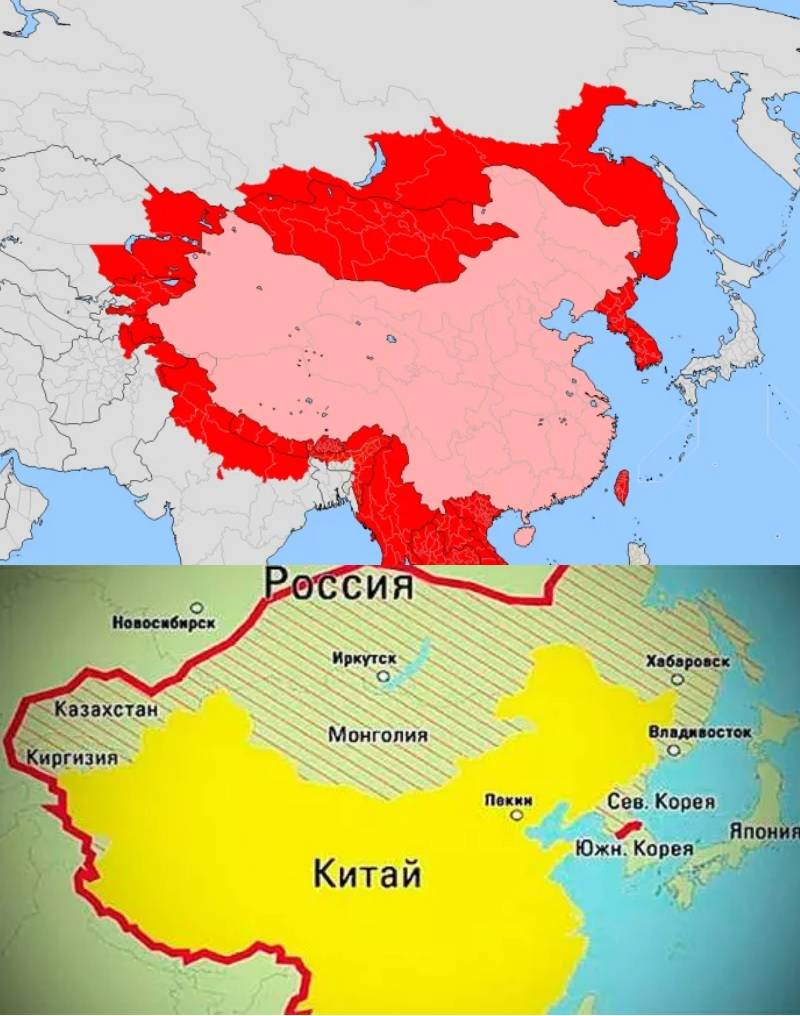
The only way to stop the PRC's ground invasion is to use tactical nuclear weapons (TNW), but we did not use them earlier on Damansky Island. China can choose the tactics of "small steps": in a short period of time to seize a limited area of the territory, then stop moving forward, gain a foothold and come up with a proposal to move to negotiations on changing the border. There will be historical evidence, the pill will be sweetened with some investment, and so on and so forth.
If China does cross a certain threshold, and we use TNW, then we return to the scenario of a limited nuclear war, which may well develop into a global one.
Of the other contenders for organizing a ground-air invasion of Russia, one can consider Japan with their claim to the islands of the Kuril ridge, but, despite the strengthening of the Japanese self-defense forces, they may be enough to capture, but not enough to hold the captured islands. In addition, the specificity of Japan implies minimal ground invasion. Rather, the conflict will take place within the framework of an aerospace / air-maritime operation, which we will discuss in the corresponding section.
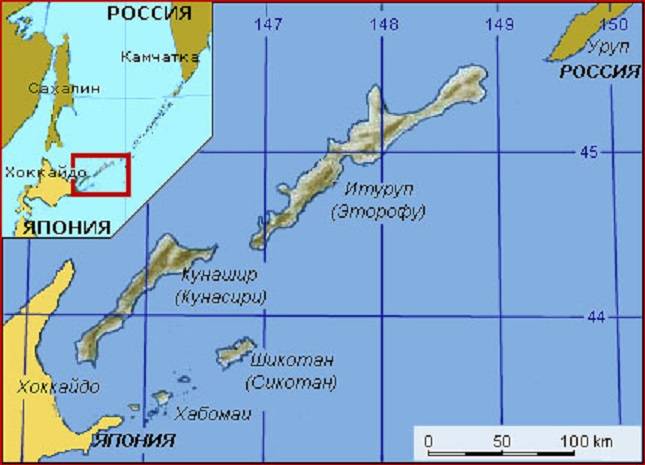
The situation is similar with Turkey. Theoretically, the scenario of a Turkish landing on the Crimean coast can be considered, but in fact, Turkey has practically no chances of successfully carrying out such an operation, and Russia has much higher chances of colliding with Turkey on the territory of other countries.
A potential chance for a ground-air conflict between the Russian Federation and Turkey may arise due to the heightened imperial ambitions of the latter. In particular, quite recently Turkey actively pushed Azerbaijan to war with Armenia, promising military assistance not only with weapons, but also sending troops.
Keeping in mind the atrocities committed by Turkey against the Armenians, one can only guess what kind of humanitarian catastrophe this would lead to. In this case, Russia can decide to use military force and conduct a full-scale ground-air operation. Given the presence of a powerful Armenian diaspora, the United States can turn a blind eye to this, especially since the war between Russia and Turkey will only benefit them. And Georgia is unlikely to be happy about a full-scale military conflict next to its territory, with the prospect of strengthening Islamic Azerbaijan and the permanent presence of the Turkish armed forces, which means that it may well allow Russian troops to transit through its territory, despite our contradictions.
Also, an offensive air operation of the Russian Federation can take place in the format of preventive defense, for example, in the case of the deployment of the United States on the territory of the former Soviet republics of nuclear weapons, which can be used to inflict sudden disarming strike... In particular, Poland has repeatedly stated its desire to deploy nuclear weapons on its territory. It is not excluded that the Baltic countries may follow its example.
The countries of "old" Europe are not very eager to become target number 1 for the Russian Strategic Missile Forces, there are even calls to remove nuclear weapons from Germany, and the radicalization of Turkey and the unpredictability of its policy may force the United States to remove nuclear weapons from its territory. In this case, the deployment of nuclear weapons on the territory of Poland and the Baltic countries can become a profitable solution for the United States and extremely unpleasant for the Russian Federation, which will require us to either a full-fledged ground invasion of these countries, or a massive strike with precision weapons, and even the use of nuclear weapons.
Scenario # 2 (aerospace / aeronautical operation).
As we said in the previous article, only the United States has the ability to conduct a full-scale aerospace / air-sea operation. No other country in the world or a group of countries has a comparable number of precision weapons and their carriers, such effective intelligence and communications systems. Based on this, in the event of a massive use of precision weapons by the United States, Russia is likely to respond with tactical nuclear strikes according to scenario # 2, discussed in the previous article.
It is necessary to understand that in the foreseeable future Russia is incapable of causing unacceptable damage with precision weapons to countries like the United States or China.
Potentially, Russia is quite capable of conducting an aerospace / air-naval operation against Japan in the event of its attack on the Kuril Islands. Japan has a complex infrastructure in a confined space. The destruction of key points of its infrastructure can lead to stagnation of the country's economy, stoppage of industry, termination of the functioning of life support systems, which together will lead to the conclusion of a peace treaty between Russia and Japan and its abandonment of claims to the islands of the Kuril ridge.
Another point of contact between Russia and Turkey may arise in more remote regions, for example, in Syria or Libya. Recently, Turkey is more and more actively pursuing an aggressive foreign policy, increasing the number of military bases abroad and does not hesitate to use military force. Often, its interests overlap with those of Russia, as is the case in Syria. Despite mutual assurances of friendship and cooperation, the Turks did not hesitate to shoot down a Russian plane, and the reaction of the Russian authorities to this incident, to put it mildly, does not inspire optimism.
Nevertheless, if the Turkish side does cross the borders, for example, by attacking a Russian military base in Syria, then the optimal response would be to conduct an aerospace / air-maritime operation, the purpose of which would be destruction of the Turkish leadership, causing maximum damage to infrastructure, industry and the military.
How realistic is the RF Armed Forces to inflict unacceptable damage to countries like Japan or Turkey using only high-precision non-nuclear weapons? At the moment, the nomenclature and number of WTOs available to the RF Armed Forces may not be enough to carry out such operations, but the opportunity to change this exists by creating strategic conventional forces, which we considered in a series of articles: Strategic conventional weapon. Damage, Strategic conventional forces: carriers and weapons, Reusable rockets: an economical solution for a quick global strike, Planning hypersonic warheads: projects and prospects.
Speaking about conducting an aerospace / air-sea operation, it is necessary to take into account two criteria: the size of the adversary country - in fact, its margin of safety, and the level of technological development of the adversary - the ability to inflict critical damage on it with the available amount of WTO. As we said above, the United States and China are too large in size, huge infrastructure and industry, as well as significant opportunities for its restoration in the event of the destruction of the WTO.
Russia, according to the author, is somewhere on the border of stability in relation to the massive use of the WTO. On the one hand, the country's size and powerful industry, on the other hand, modern infrastructure vulnerable to attacks and a cold climate. During World War II, most of the residential buildings were equipped with stove heating. Nowadays, the percentage of houses with autonomous heating is minimal, and in the event of WTO attacks on infrastructure, "General Frost" may already be on the side of the United States, since the population of the Russian Federation will simply freeze out without heating.
Scenario # 3 (low intensity war).
This type of military conflict inflicted the greatest losses on the USSR and Russia after World War II. Of course, first of all, we are talking about military operations in Afghanistan and Chechnya. And if the losses during the war in Chechnya can be justified by the weakness and indecision of the state power of the Russian Federation at that time, the war in Afghanistan was fought with the full might of the armed forces of the USSR, and nevertheless, the losses in manpower, equipment and reputation of the Soviet troops were significant.
Can conflicts similar to the war in Chechnya arise now on the territory of the Russian Federation? It is quite possible that in the event of a weakening of state power, our "partners" will contribute to the formation of separatist and terrorist organizations in different regions of the Russian Federation. Everything can start as "color revolutions" with the prospect of escalating into a civil war. Any civil war turns into a wound that does not heal for a long time on the body of a country, so the danger of such conflicts cannot be underestimated. In addition, they may well be used as a justification for direct military intervention - humanitarian intervention.
On the other hand, Russia itself can find "adventures" for itself. Of course, we are talking about the military conflict in Syria. Having started as a rather victorious campaign, the basis of which was the air support of the Syrian army, by now the war in Syria is increasingly beginning to resemble that in Afghanistan, although the scale of the losses is still incomparable.
The United States fell into the same trap when it launched its crusade against terrorism after the tragedy of September 11, 2001 and sent troops into Afghanistan. Initially, the United States fought only through air strikes and the use of special forces, but then, as the deployment of ground units, the US Armed Forces began to suffer losses on an ever larger scale.
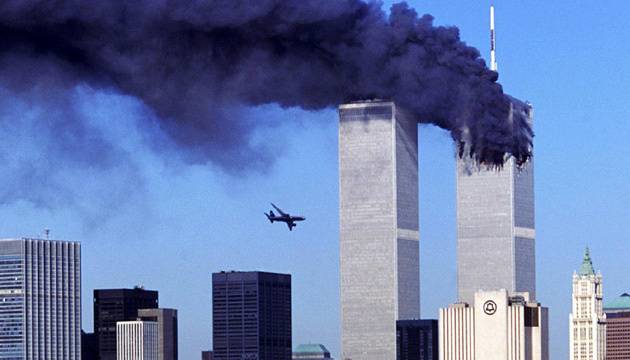
All this negative experience of the USA and the USSR / RF suggests that it is far from the best solution to wage conflicts on foreign territory, especially with the use of ground forces.
Scenario # 4. (war "by someone else's hands").
War by proxy. In these types of conflict, our "partners", especially the UK, have become particularly adept. Set Turkey or Germany against Russia / USSR, organize mutual extermination of African states, support both sides of the conflict, receiving economic benefits and waiting until both opponents are weakened.
During the Cold War, the USSR also fought by proxy. The Vietnam War is a successful example. The armed forces of a small country were able to resist the superpower thanks to the technical and organizational assistance of the USSR. Of course, not only advisers and instructors took part in the Vietnam War, but also fighter pilots, calculations of anti-aircraft missile systems, but de jure there were no Soviet fighters and specialists in Vietnam.
The participation of the USSR in the conflicts in the Middle East was less successful: the numerous military conflicts between Israel and the Arab states most often led to the defeat of the latter. It is unlikely that Soviet weapons and military advisers have become worse, rather, the allies of the USSR were not very good in military affairs.
An example of waging war with someone else's hands is Georgia's attack on Russian peacekeepers. It is unlikely that Georgia would have decided on such an action without the support of the United States, and they trained the Georgian army quite intensively. Show Russia weakness or delay in the 08.08.08 war, and the resulting slap in the face could become a catalyst for similar processes in other countries of the former Soviet Union.
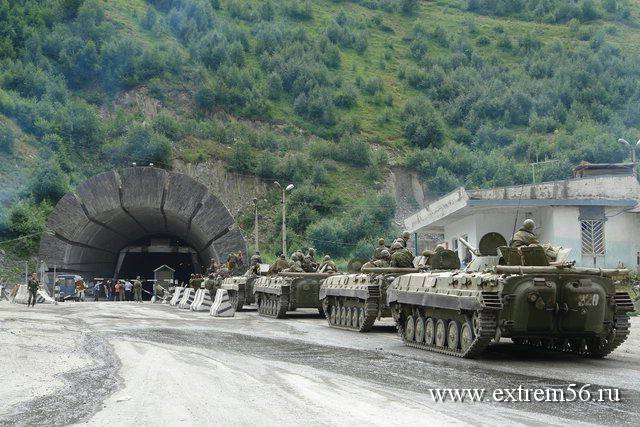
Perhaps the policy of waging war "by someone else's hands" would have shown itself in the best possible way in Syria, and even if it failed, it would not have had such informational and political consequences that could now arise in the event of the withdrawal of the Russian armed forces from there.
In the short term, thanks to the emergence of new weapons, the format of war "by someone else's hands" can become much more effective, but what kind of weapon it can be and what the tactics of its use will be will be discussed in another article.
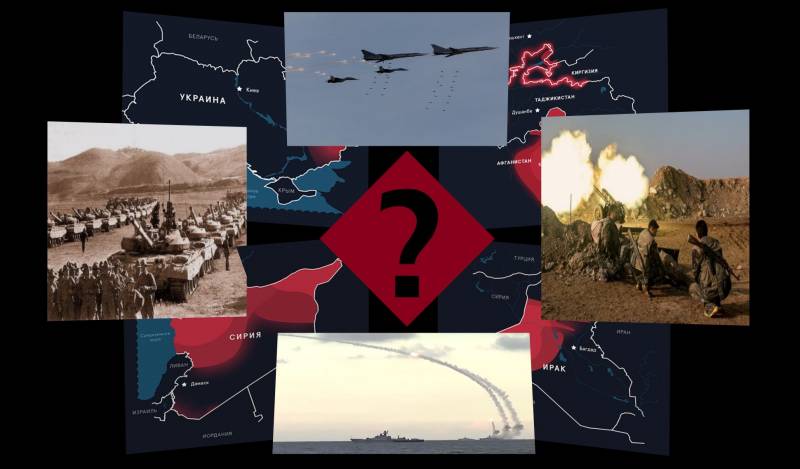

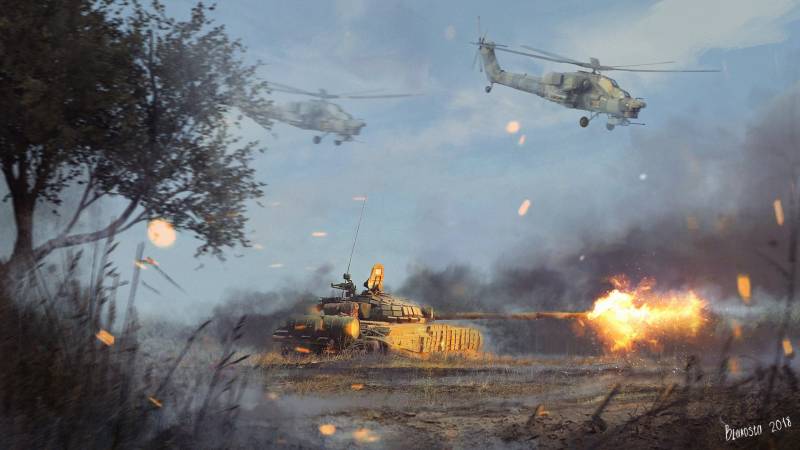
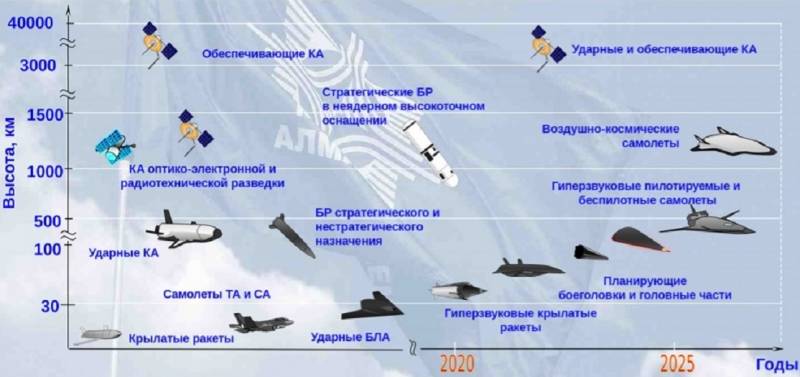
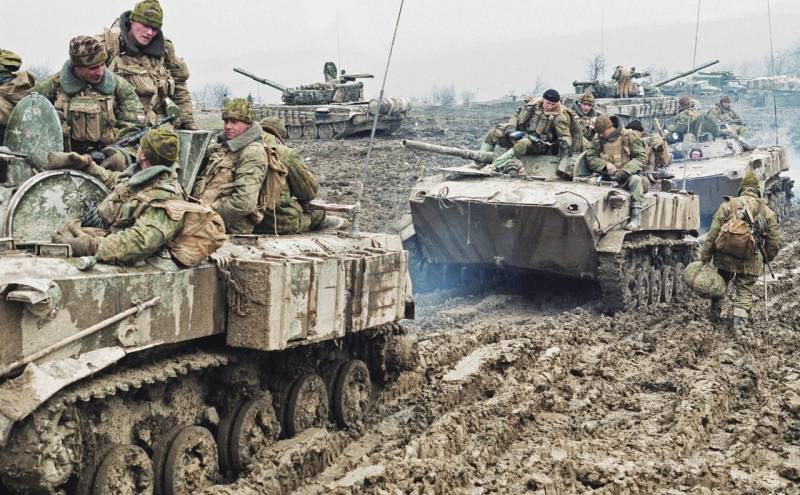

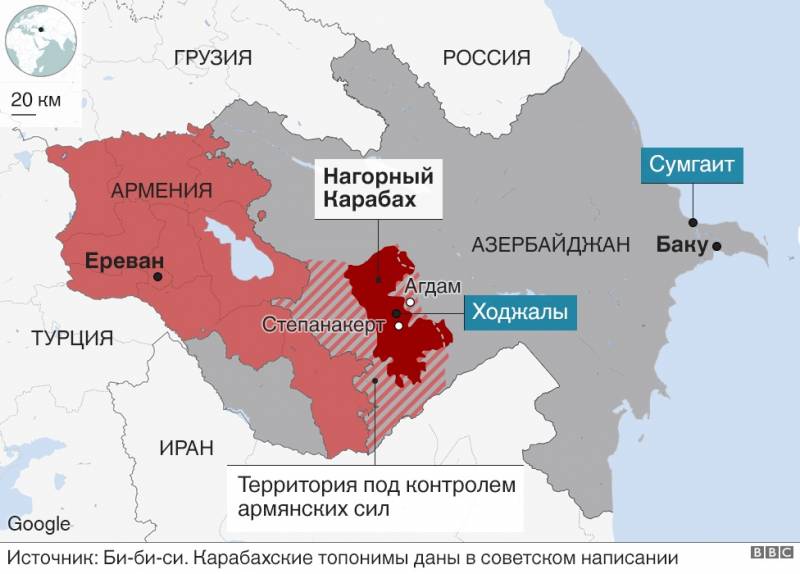

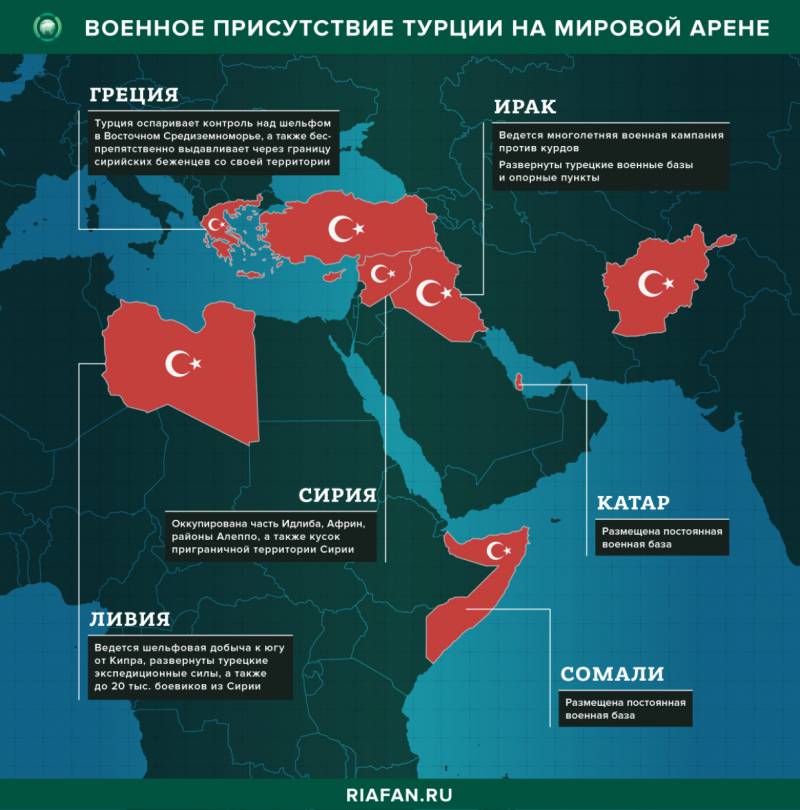

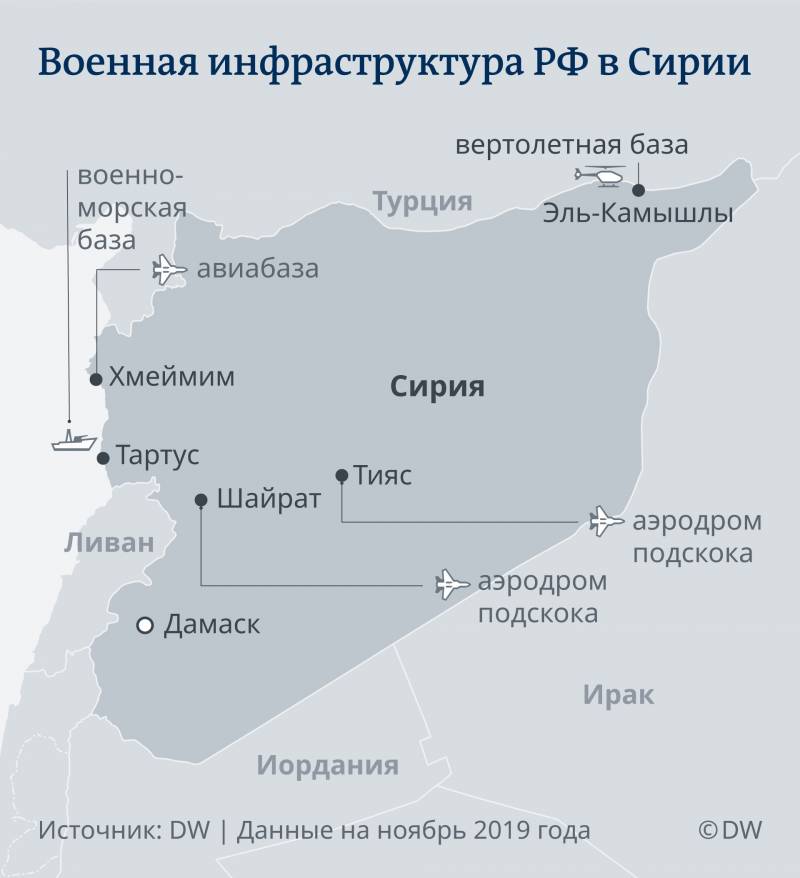
Information